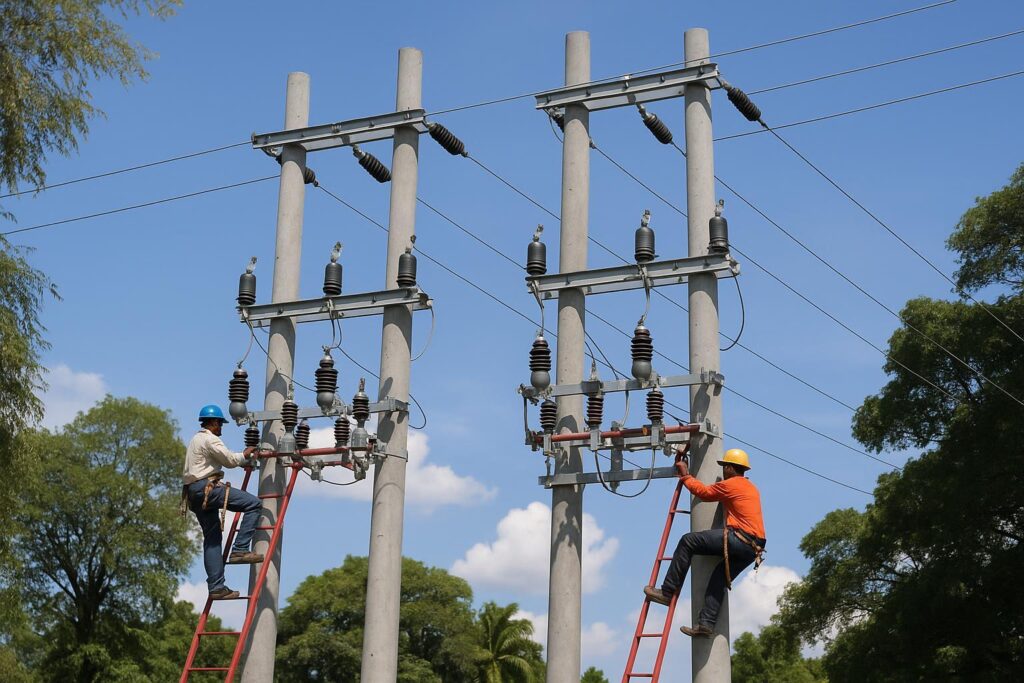Lights Out in Jonglei’s Capital
Since Monday, Bor, the dynamic capital of Jonglei State, has been plunged into darkness after its sole diesel-powered station halted for routine maintenance. The unexpected blackout has now stretched into a sixth day, straining households, clinics and the bustling river port economy.
Economic Ripple Effects on SMEs
Owner Peter Kajobe reports revenue losses as high-capacity printers sit idle in his computer centre. He now relies on a small generator burning costly fuel, shrinking his margins just when schools queue for exam papers.
Cold-drink vendors, phone-charging kiosks and tailoring shops echo the complaint. Night-time trade along the Nile embankment has virtually stopped, while hotel managers scramble to reassure guests with intermittent solar backups.
Utility Management Explains the Gap
Station manager Dhieu Kuol defends the shutdown, noting the generators had run nine months without service. “It is the first overhaul, engineers from Sudan are on site, and parts are scarce,” he tells broadcaster (Radio Tamazuj), adding that power should resume early next week.
Residents Call for Sustainable Solutions
Civic activist Peter Ajak argues the town needs staggered maintenance and a reserve unit to avoid full outages. He urges authorities to explore hybrid solar-diesel grids that neighbouring Wau is piloting, saying reliability underpins post-war reconstruction efforts.
Regional Context of Power Challenges
South Sudan’s national grid remains embryonic, with just one percent electrification, according to the African Development Bank. Diesel stations in Juba, Malakal and Bor provide stopgap power but face chronic fuel price shocks and spare-part shortages.
Energy economists say donor-backed solar farms planned for Nimule and Rumbek could ease dependence on generators within three years, but sustained policy coordination is vital.


